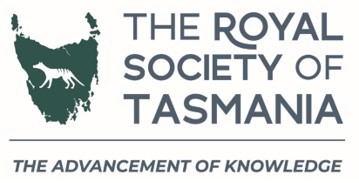Room 211, Geology Lecture Theatre, University of Tasmania, Sandy Bay, Hobart, TAS 7005
Summary:A Royal Society of Tasmania public lecture
Presenter(s):
- Dr Keith Hayes

Join The Royal Society of Tasmania at their upcoming lecture from Dr Keith Hayes, Senior Research Scientist, CSIRO Data61
Synthetic gene drives cause significant deviations from Mendel’s Law of Equal Segregation, enabling specific genes to increase in prevalence in populations of sexually reproducing organisms, even if these genes incur a fitness cost. In the laboratory, gene drives have suppressed caged populations of human malaria vector mosquitoes in less than 12 generations (about 3 months) raising the prospect of a powerful new genetic method for eliminating malaria from regions such as Africa where the disease kills more than half a million people each year, 80% of which are children under five. In this presentation, Dr. Keith Hayes describes the methods used by his team to assess the environmental and human health risks associated with a strategy of staged-releases of genetically modified mosquitoes in Burkina Faso, designed to culminate in the first field trials of gene drive modified mosquitoes to eliminate malaria vector populations at a continent-wide scale.
Speaker
Dr Keith Hayes is a senior research scientist at CSIRO Data61, and leads the Data61 Ecological and Environmental Risk Assessment (DEERA) team in the Hobart laboratories. The team conducts probabilistic risk assessments, and supporting studies, typically for challenging problems across large spatio-temporal scales. Recent applications include hazard analysis and risk assessments for genetic control of malaria vectors in Africa, cumulative risk assessments of the impacts of new coal resource developments on water resources and water-dependent assets, and risk assessments for the spread of antimicrobial resistance. Dr Hayes recently assisted the Australian federal government to design a Monitoring Evaluation Reporting and Improvement (MERI) framework for Australia’s Marine Parks and is now leading a subsequent project to implement this framework.
To attend the lecture in person, please register here. Registrations close at 3pm on Saturday, 1st April 2023. The lecture will be recorded but not live-streamed.
All interested people are welcome